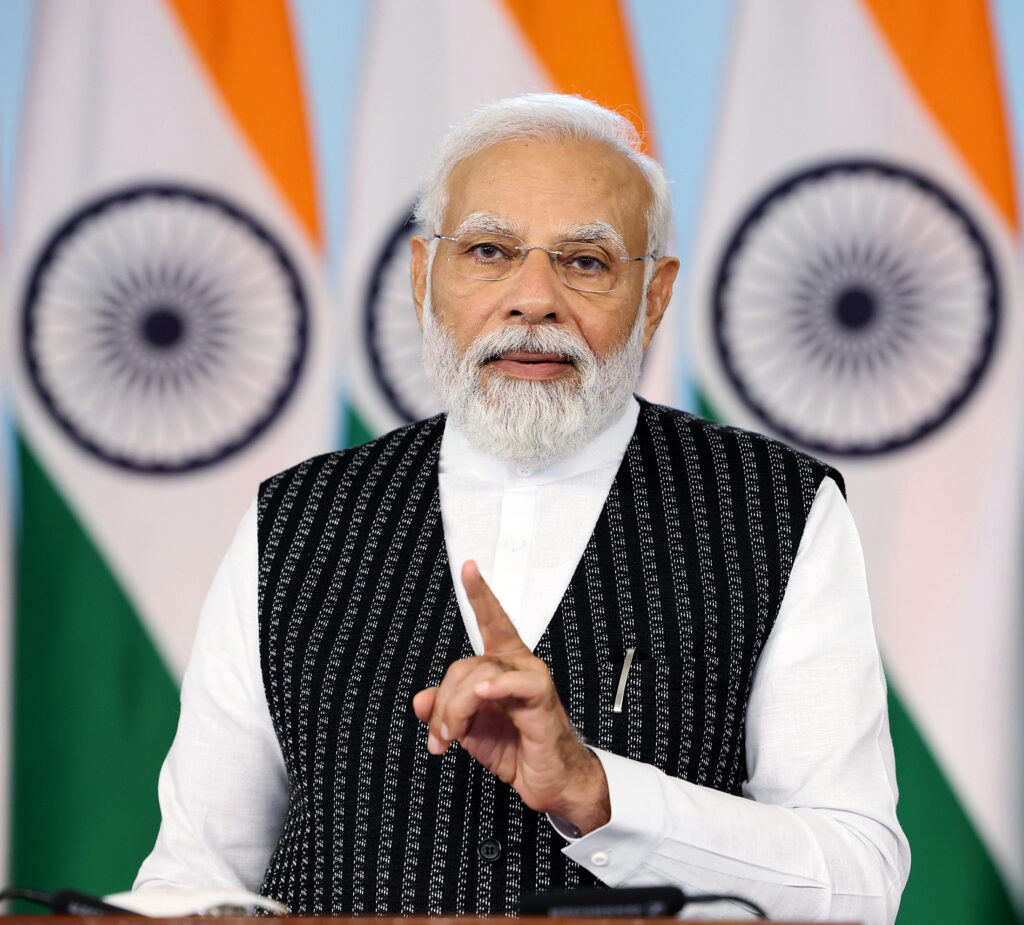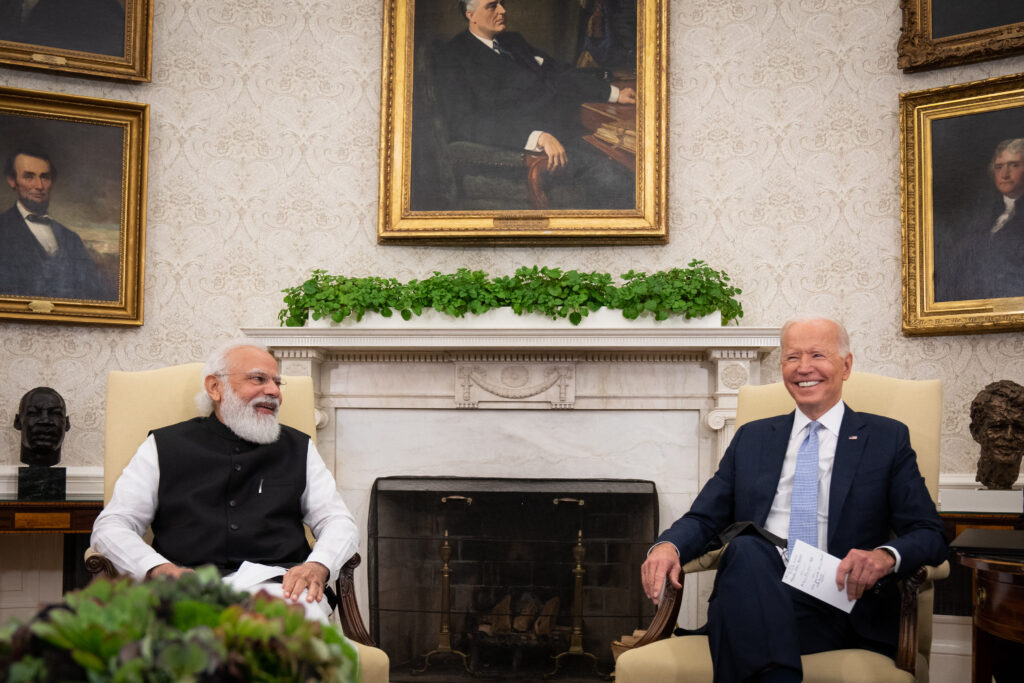
Prime Minister Modi plans to meet with major big tech CEOs in addition to Musk during his visit to the U.S. to explore ways to strengthen India’s technology capabilities. The leverage is a reflexively increased influence thanks to rising tensions between the U.S. and China. After meeting privately with Prime Minister Modi in New York, Musk reportedly told reporters asking about his investment plan in India, saying, “We had a great and good conversation.” He said he plans to visit India next year, adding that he hopes to announce something in the near future. Reuters had previously said Musk would brief Modi directly on his plans to set up an Indian plant. This is the first time Tesla has contacted a high-level official to expand its production base in India.

Musk has repeatedly said he is a fan of Prime Minister Modi, and about India, “There are more possibilities than any other big country.” “We want to know the appropriate timing for investment,” he said. Specifically, it has great future potential in renewable energy fields such as solar power generation, battery packs, and electric vehicles, and expressed interest in providing SpaceX’s satellite phone service “Starlink” to India.Meanwhile, Prime Minister Modi will meet Apple CEO Tim Cook, Google Alphabet CEO Sundar Pichai and Microsoft CEO Satya Nadella at a state dinner at the White House on the 22nd. Citing sources, Bloomberg reported that Modi will separately meet with IT industry leaders on the 23rd to discuss technology transfer to India and ways to diversify business areas under the so-called “China Plus One” strategy.India has set cooperation in the tech sector as one of the important agendas during Modi’s visit to the U.S. In particular, it is said that it is seeking to promote high-tech semiconductor manufacturing in India under the U.S. semiconductor export control to China. Already, semiconductor exports from India to the United States reached USD 497.1 million in the first quarter, 38 times higher than the same period last year. Apple tripled iPhone production in India last fiscal year.

U.S. chipmaker Micron faces government approval to set up a $1 billion semiconductor plant in India.The problem is India’s infrastructure. Bloomberg pointed out that it is questionable whether India can afford the huge amount of power and water needed to manufacture semiconductors. It is also worrisome that India has as many requests to delete content as China. This is because even if direct censorship is not conducted like China, the request for deletion is also likely to be interpreted as censorship. India’s draft of a new digital bill to be unveiled in the coming weeks is expected to be a gauge of the possibility of attracting foreign investment, Bloomberg added.
JULIE KIM
US ASIA JOURNAL



